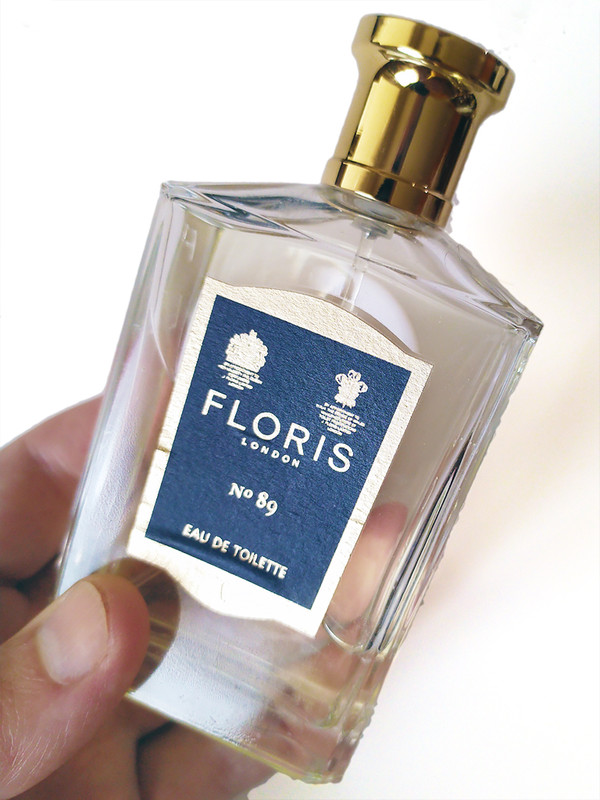And they won't be able to smell it themself.
How your brain processes scent is really cool. It has the ability to act as a gate-keeper for certain smells. Once your brain has determined a particular scent isn't dangerous and won't lead to your death, it will mark is for a type of temporary anosmia and you'll effectively become nose-blind to it. Each of our own natural scent (which typically
isn't unpleasant, just unique) often falls into that category. Anything we're around the smell of for extended periods of time often fall into this category.
It's important for those that wear fragrances that just because you can't smell it anymore, doesn't mean others can't. It's very easy to go nose-blind to fragrance you apply, especially if it's something you find pleasant. It's easy to trick yourself into re-applying because you think the scent has faded, when in reality it's only faded to your nose.
I used to work with people who left perfume vapor trails as they walked.
That's called sillage (see-azj). It's French for "wake", like a boat's wake.
Some fragrances have very little sillage and others have massive sillage. Also, the sillage of a fragrance may smell significantly different than smelling it directly, because not all compounds in the scent are prone to being left in the "wake".
OP mentioned Dior Sauvage. Sauvage leaves a very noticeable sillage.
It's interesting that so many have commented about using fragrances to cover offensive odors. That must be a generational or socio-economic thing. The only people I know who wear fragrances on the regular are highly-styled individuals. They're very conscious about how they present themselves, which very much is about cleanliness, personal style, and, for this discussion, scent.
You never want to be "the guy who always wears cologne" but you do want to be "the guy who always smells good". There is a difference and it often has more to do with how you present yourself as a whole than it does how you actually smell.


